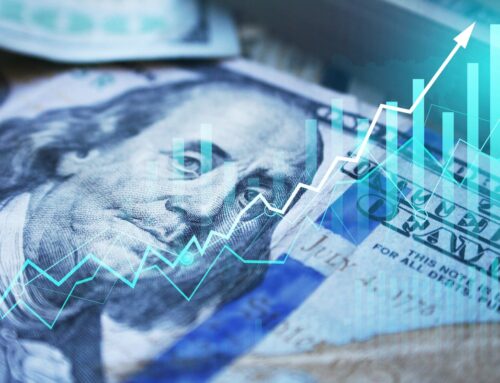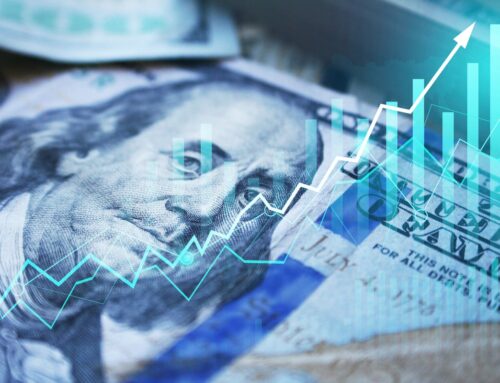Apple Dodged a Bullet, but the Stock Still Isn’t a Buy
April 15, 2025
To the relief of anyone with an aging iPhone, the Trump administration exempted smartphones, computers, and other tech products from its punishing tariffs on Chinese imports over the weekend. While Apple (AAPL -0.34%) has geographically diversified its supply chain, the company still relies heavily on Chinese manufacturing partners for its devices. Absent any special treatment, prices in the U.S. on Apple products would have likely risen substantially due to the tariffs.
While Apple is getting a big break, the relief may be short lived. President Trump later clarified that electronics like Apple’s iPhones would be moving into a different tariff “bucket.” While Apple’s devices may not be subject to the full tariff on Chinese imports, they may eventually be subject to some level of tariffs.
There’s a bigger problem
Even if Apple somehow manages to avoid tariffs on its own products, the escalating trade war between the U.S. and China, along with the uncertainty created by the Trump administration’s general tariff policy, could hurt the company in another way.
While predicting anything about the economy right now is tough, the odds of an economic downturn certainly appear to be rising as businesses and consumers cope with the impact of unpredictable and ever-changing tariffs. Consumer confidence plunged in March, according to The Conference Board, and consumers’ short-term expectations regarding economic conditions reached their lowest level in 12 years. These drops were recorded before the Trump administration announced its reciprocal tariffs, which led to a sharp stock market plunge.
Smartphones are an essential item for nearly everyone, but purchases can also be easily deferred. The replacement cycles for smartphones and other electronic devices have been lengthening already, and this effect could go into overdrive during a recession. If smartphones also become more expensive due to tariffs, the replacement cycle could lengthen further.
Apple Intelligence, Apple’s take on AI-powered features for its devices, probably won’t save the day and induce many iPhone users to upgrade. Apple is reportedly having all sorts of problems with a revamped version of Siri, which raises questions about when the promised AI features will arrive and how useful they will be.
New hardware probably won’t help, either. The smartphone market is mature, and annual upgrades don’t introduce much more than slightly better performance or other modest improvements. Without a good reason to upgrade, it won’t be much of a sacrifice for consumers to kick the can down the road during a recession.
Hard to justify
Despite iPhone sales flatlining and the tariff uncertainty, Apple stock trades for around 28 times the average analyst estimate for fiscal 2025. Analysts are still assuming, by the way, that Apple will manage to grow earnings significantly this year. That forecast could turn out to be overly optimistic depending on how the tariff situation plays out.
I’m not convinced Apple stock deserves that kind of valuation, given all the headwinds facing the company. The iPhone business was already struggling to grow, and an economic slowdown isn’t going to help matters. Even if Apple manages to stay out of the tariff crosshairs, sales and profits look likely to take a hit this year. Given the risks, Apple stock looks too expensive.
Timothy Green has no position in any of the stocks mentioned. The Motley Fool has positions in and recommends Apple. The Motley Fool has a disclosure policy.
Search
RECENT PRESS RELEASES
Related Post




